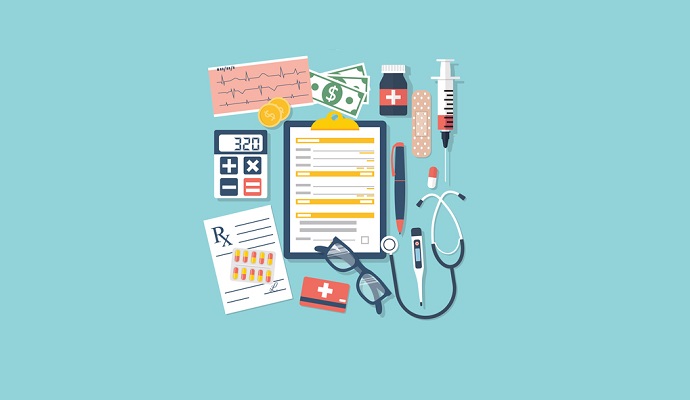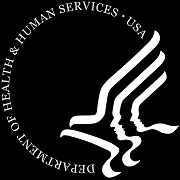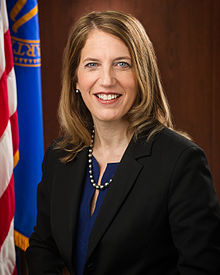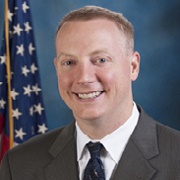HHS Announces $157M for Accountable Health Communities Model
The Accountable Health Communities Model seeks to link up to 44 organizations that will work to bring screening assessments for Medicare and Medicaid beneficiaries who need to address health-related social needs.

- Earlier this week, the Department of Health and Human Services (HHS) announced new funds available of as much as $157 million to develop an Accountable Health Communities Model, which will show whether testing beneficiaries on social needs and assistance along with navigating community-based healthcare services will lead to more affordable, high-quality care within the Medicare and Medicaid programs.

The Accountable Health Communities Model comes from the Centers for Medicare & Medicaid Services (CMS) Innovation Center and is being designed to last five years as a method for addressing the social needs of both Medicare and Medicaid beneficiaries. The program also seeks to bring together medical and community-based services to assist patients with more significant health and social requirements.
The Accountable Health Communities Model will seek to link up to 44 organizations that will work to bring screening assessments for all Medicare and Medicaid beneficiaries who may need to address health-related social needs. Community referral, community service navigation, and community service alignment will be used to address these needs and bring clinical and community services together.
HHS states that there are vital social issues like hunger, lack of housing, and even abuse that could be missed during a typical primary care physician appointment. These issues are large enough to lead to serious medical conditions and chronic diseases as well as potentially affect an individual’s ability to address their symptoms and manage their health problems.
As such, it may merely bring higher hospital use and larger costs for care. By addressing social needs before they loom larger as well as implement preventive care, health risks are minimized and costs for patient care will decrease.
The program has an overarching goal to connect patients with unmet social needs with community-based services as well as receive some assistance navigating the myriad of options available to them.
 “We recognize that keeping people healthy is about more than what happens inside a doctor’s office, and that’s why, for the first time, we are testing whether screening patients for health-related social needs and connecting them to local community resources like housing and transportation to the doctor will ultimately improve their health and reduce the cost to taxpayers,” HHS Secretary Sylvia M. Burwell stated in an HHS press release.
“We recognize that keeping people healthy is about more than what happens inside a doctor’s office, and that’s why, for the first time, we are testing whether screening patients for health-related social needs and connecting them to local community resources like housing and transportation to the doctor will ultimately improve their health and reduce the cost to taxpayers,” HHS Secretary Sylvia M. Burwell stated in an HHS press release.
“The Accountable Health Communities model is yet another step towards building a health care system that results in healthier people and stronger communities and spends our health care dollars more wisely.”
Organizations that are awarded this funding will work to screen Medicare and Medicaid beneficiaries for any behavioral or social problems including transportation limits, violence in the home, living instability, or utility needs. Each organization will be awarded between $1 million to $4.5 million to provide this necessary assistance.
One example could be an elderly patient who needs to visit a pharmacy or their primary care doctor but does not have adequate, stable transportation. This program could connect the Medicare beneficiary to state, local, or even federal assistance services.
“The Accountable Health Communities Model is based on emerging evidence that addressing health-related socials needs through enhanced clinical-community linkages can improve health outcomes and reduce costs,” CMS reported.
“Unmet health-related social needs, such as food insecurity and inadequate or unstable housing, may increase the risk of developing chronic conditions, reduce an individual’s ability to manage these conditions, increase health care costs, and lead to avoidable health care utilization.”
Some of the award recipients called “bridge organizations” can help Medicare or Medicaid beneficiaries find the right assistance and apply for much-needed programs including the Low Income Home Energy Program.
This particular service helps beneficiaries afford the costs of their utility bills along with the price of their prescription drugs. It eliminates any chance of patients having to choose between electricity and heat versus their medical care, HHS reports.
The 44 bridge organizations will work with local community agencies and refer beneficiaries to these support systems when needed. The organizations will also provide more intensive screening assessments, follow-up appointments, and planning stages for beneficiaries in need of a multitude of social services.
 “For decades, we’ve known that social needs profoundly affect health, and this model will help us understand which strategies work to help improve health and spend dollars more wisely,” Dr. Patrick Conway, CMS Deputy Administrator and Chief Medical Officer, said in a public statement. “We will learn how health and healthcare improvements can be achieved through strong partnerships and linkages at the community level.”
“For decades, we’ve known that social needs profoundly affect health, and this model will help us understand which strategies work to help improve health and spend dollars more wisely,” Dr. Patrick Conway, CMS Deputy Administrator and Chief Medical Officer, said in a public statement. “We will learn how health and healthcare improvements can be achieved through strong partnerships and linkages at the community level.”
The CMS Innovation Center was a result from the provisions of the Patient Protection and Affordable Care Act. It has brought forth more models of care such as this one that work toward addressing both social and clinical needs in an effort to improve access to quality services and reduce growing healthcare costs.
The Accountable Health Communities Model is meant to reward the healthcare delivery system based on the quality of services instead of the quantity of clinical tests and treatments, stated the HHS release.
Last year, the federal agency set a goal of bringing in more value-based care payments within the Medicare program including 30 percent of Medicare payments to be linked to alternative, value-based reimbursement methods by 2016. This new program will help the Medicare and Medicaid programs move in the right direction toward value-based payment.
